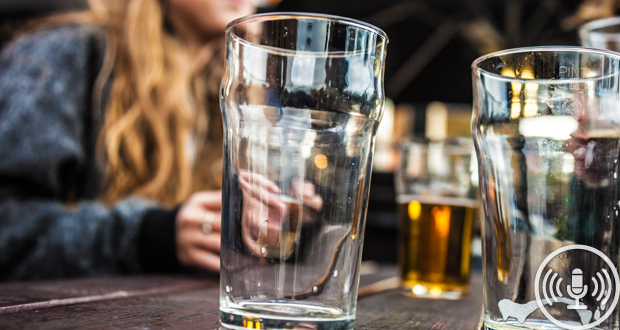Australia is a country that likes a drink. Recently deceased former prime minister Bob Hawke was lauded for his larrikin persona and prowess at the bar. And, like many other countries, our national holidays often centre around getting on the sauce.
According to the World Health Organization Australians drink above world averages and our own Australian Institute of Health and Welfare says that one in seven Aussies “consume alcohol at levels placing them at lifetime risk of an alcohol-related disease or injury”.
Studies show that nurses engage in risky drinking at a “markedly” higher rate than the general population. Looking at alcohol consumption in different workforces, nursing has been shown to have overtaken hospitality as the industry that most engages with “drinking at levels associated with harm”.
Researchers at La Trobe University have been given funding to research heavy drinking cultures among nurses and lawyers in Victoria.
The two professions were chosen due to their large workforces and some prior observed trends towards drinking cultures.
Lead researcher Dr Robyn Dwyer said: “Collective drinking such as after-work drinks and networking is a part of the occupational activities of nurses and lawyers and while we know that heavy drinking occurs among these groups, little is known about their drinking cultures that support these drinking patterns.”
Dwyer joined Nursing Review to discuss the project.
Do you have an idea for a story?Email [email protected]
 Aged Care Insite Australia's number one aged care news source
Aged Care Insite Australia's number one aged care news source


Professionals indeed drink to access at times and unwisely if going to work next day. Perhaps it is timely to look at random testing for drugs and alcohol on professionals coming to work same as they do random testing for drink and drug affected drivers. Suggest workmates cover up for their work colleagues who are drink and drug affected coming on a shift to work.
It seems to be policy to favour younger nurses over older, and employ a large number of working holiday visa holders as casuals, so wouldn’t this be expected.